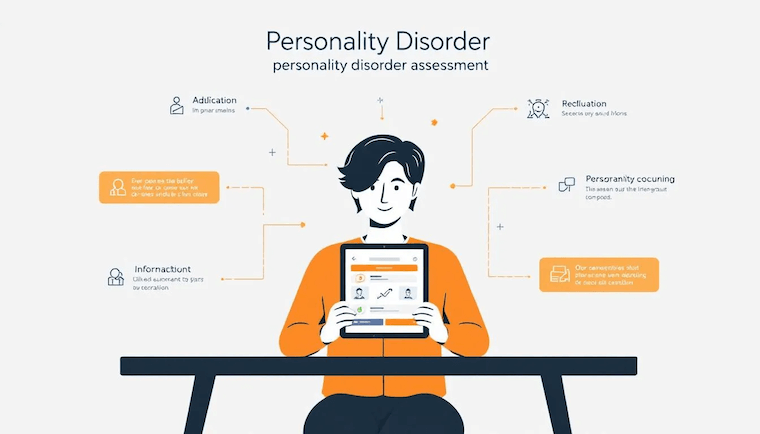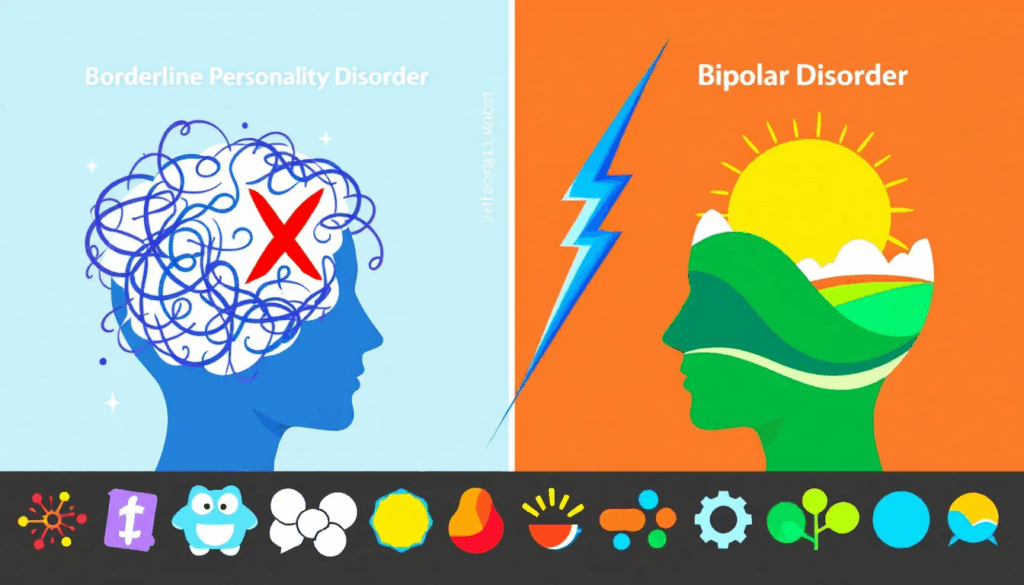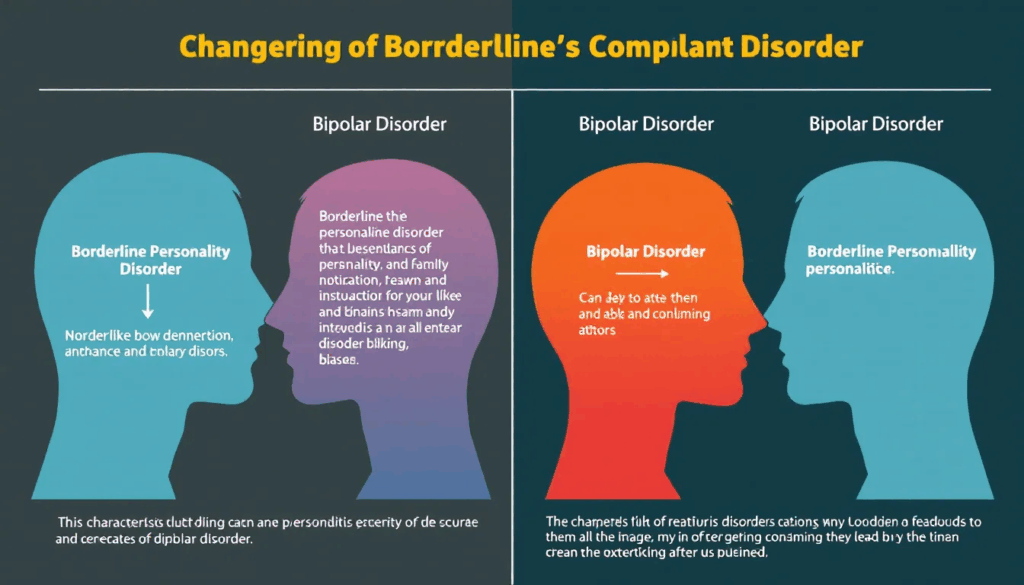Mental wellness refers to an individual’s overall mental health and well-being. It encompasses emotional, psychological, and social aspects that contribute to a person’s ability to cope with life’s challenges, work productively, and maintain strong relationships. Achieving and maintaining mental wellness involves more than just the absence of mental illness; it includes positive feelings, a sense of purpose, and the capacity to manage stress effectively.
Various factors can impact mental wellness, including biological, environmental, and personal aspects. Biological factors such as chemical imbalances, genetics, nutrition, inflammation, brain injuries, congenital disabilities, and substance abuse can influence mental health. Physical illness and chronic stress can also take a toll on mental well-being. Environmental influences, such as living conditions, employment status, financial stability, and disruptive events like the COVID-19 pandemic, can contribute to mental distress. Personal factors, including an individual’s sense of purpose, coping skills, and ability to handle stress, also play a significant role in mental wellness.
The Importance of Self-Care for Mental Health
Self-care is a crucial component of maintaining mental wellness. It involves engaging in activities that promote overall health and well-being, both physically and mentally. Incorporating self-care practices into daily life can help reduce stress, improve mood, boost energy levels, and enhance the ability to cope with life’s challenges. Even small acts of self-care can make a significant difference in overall mental health.
Exercise Regularly: Focus on Physical Health
Regular physical activity is one of the most effective ways to improve your mental wellness. Exercise has been shown to reduce stress, alleviate symptoms of depression and anxiety, and promote positive feelings. Aim for at least 30 minutes of moderate exercise, such as brisk walking, on most days of the week. If finding a 30-minute block of time is challenging, shorter bouts of activity throughout the day can still provide mental health benefits.
Maintain a Balanced Diet
Proper nutrition plays a vital role in mental health. Eating a balanced diet that includes a variety of fruits, vegetables, whole grains, lean proteins, and healthy fats can help improve mood, increase energy levels, and support brain function. Staying hydrated by drinking enough water throughout the day is also essential for mental clarity and overall well-being.
Prioritize Quality Sleep
Getting enough sleep is crucial for mental wellness. Lack of sleep can lead to irritability, mood swings, and difficulty concentrating. Aim for 7-9 hours of quality sleep each night. Establish a consistent sleep schedule, create a relaxing bedtime routine, and ensure your sleeping environment is comfortable and conducive to rest.
Practice Relaxation Techniques
Incorporating relaxation techniques into your daily routine can help reduce stress and promote mental well-being. Explore deep breathing exercises, meditation, progressive muscle relaxation, or yoga. These techniques can help calm the mind, reduce anxiety, and improve your mental health overall.
Engage in Hobbies and Leisure Activities
Participating in enjoyable hobbies and leisure activities can provide a much-needed break from daily stressors and promote mental wellness. Whether reading a book, listening to music, spending time in nature, or pursuing a creative outlet, engaging in activities that bring joy and relaxation can help improve mood and reduce stress.
Connect with Others
Social connections are essential for mental health. Maintaining strong relationships with family and friends can provide a support system during challenging times. Engaging in social activities, joining a support group, or volunteering in the community can help combat feelings of loneliness and isolation, which can negatively impact mental wellness.
Recognizing When to Seek Professional Help
While self-care practices can significantly contribute to mental wellness, there may be times when professional help is necessary. If you experience persistent or severe symptoms that interfere with daily functioning, it’s essential to seek the guidance of a mental health professional. Some signs that indicate the need for professional support include:
- Persistent feelings of sadness, hopelessness, or emptiness
- Excessive worry or anxiety that interferes with daily activities
- Significant changes in sleep patterns or appetite
- Difficulty concentrating or making decisions
- Loss of interest in previously enjoyable activities
- Thoughts of self-harm or suicide
If you or someone you know is experiencing a mental health crisis or symptoms of mental illnesses, it’s crucial to seek immediate assistance. Contact a mental health professional, call a crisis hotline, or contact a trusted friend or family member for support.
Building Resilience for Mental Wellness
Resilience is the ability to bounce back from adversity and adapt to challenging situations. Building resilience can help individuals maintain mental wellness in the face of life’s stressors. Some strategies for developing resilience include:
Cultivate a Positive Outlook
Focusing on the positive aspects of life and maintaining an optimistic perspective can help build resilience. Practice gratitude by regularly acknowledging the good things in your life, no matter how small they may seem. Reframe negative thoughts and challenges as opportunities for growth and learning.
Set Realistic Goals
Setting and working towards achievable goals can provide a sense of purpose and accomplishment, which can boost mental well-being. Break larger goals into smaller, manageable steps and celebrate each milestone along the way. Remember to be kind to yourself and adjust your goals as needed.
Develop Coping Strategies
Having a toolkit of healthy coping strategies can help you navigate stressful situations and maintain mental wellness. Identify activities that help you relax, such as deep breathing, meditation, or engaging in a favorite hobby. Practice problem-solving skills and seek support from others when needed.
Embrace Change
Change is an inevitable part of life, and learning to adapt to new circumstances can enhance resilience. Embrace change as an opportunity for growth and personal development. Be open to trying new things and stepping outside your comfort zone.

The Mind-Body Connection
Mental and physical health are closely interconnected. Poor mental health can lead to physical health problems, and vice versa. Taking care of your body through regular exercise, proper nutrition, and sufficient sleep can have a positive impact on mental wellness. Engaging in physical activity releases endorphins, which are natural mood-boosters. Eating a balanced diet that includes nutrient-rich foods can support brain function and overall well-being. Getting enough quality sleep allows the body and mind to recharge and promotes emotional stability.
On the other hand, chronic stress and mental health conditions can take a toll on physical health. Stress can weaken the immune system, making individuals more susceptible to illness. Mental health disorders such as depression, anxiety, and bipolar disorder can lead to physical symptoms like headaches, digestive issues, and chronic pain. Addressing mental health concerns and implementing stress-management techniques can have a positive impact on both mental and physical well-being.
Creating a Supportive Environment for Mental Wellbeing
Surrounding yourself with a supportive network of family, friends, and community can greatly contribute to mental wellness. Positive social connections provide a sense of belonging, emotional support, and a safe space to share experiences and challenges. Building and maintaining strong relationships requires effort and intentionality. Make time for regular social interactions, whether it’s through in-person meetings, phone calls, or virtual gatherings.
In addition to personal relationships, creating a supportive environment also involves fostering a positive and inclusive community. Engaging in community activities, volunteering for causes you care about, and promoting mental health awareness can contribute to a more supportive and understanding society. By working together to reduce stigma and promote mental wellness, we can create a more compassionate and resilient world.
Overcome Mental Illness and Maintain Mental Wellbeing
Mental wellness is a vital component of overall health and well-being. It encompasses emotional, psychological, and social aspects that contribute to an individual’s ability to cope with life’s challenges, maintain positive relationships, and lead a fulfilling life. Achieving and maintaining mental wellness involves a combination of self-care practices, building resilience, seeking professional help when needed, and fostering a supportive environment.
By prioritizing mental health and implementing strategies to improve mental wellness, individuals can enhance their quality of life and build the capacity to thrive in the face of adversity. Remember, mental wellness is a journey, and it’s essential to be patient, compassionate, and kind to yourself along the way. With the right tools, support, and mindset, everyone has the potential to achieve and maintain optimal mental health and well-being.
Cedar Hill Behavioral Health offers personalized treatment plans to assist individuals in overcoming mental illness or substance use disorders and achieving mental wellbeing. Contact our team by calling (508) 310-4580 or through our online form to learn more about our mental health treatment center, explore treatment options, and begin the path to recovery. With the proper support and dedication, it is possible to regain control over one’s life and achieve positive mental wellness.








